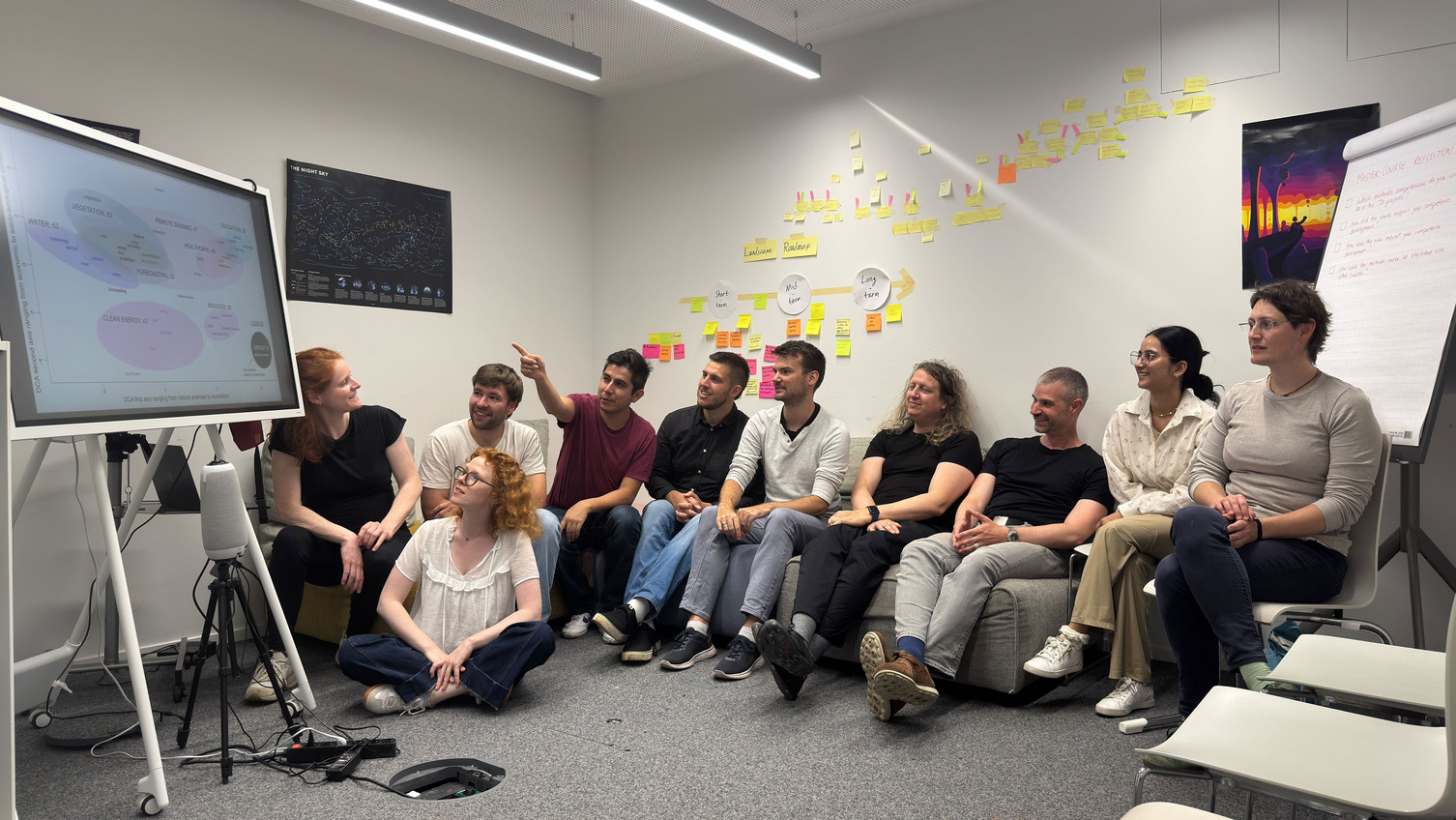International sustainability research is squandering the potential of AI
2025-07-29 AI is mainly used in scientific research. Social sustainability goals in particular remain severely underrepresented in AI analyses. However, research findings could help make the world more sustainable and equitable, according to researchers at Leuphana University. The findings have now been published in Nature Sustainability.
In the age of big data, artificial intelligence offers unimagined possibilities. However, a new analysis of 792 peer-reviewed articles shows that although artificial intelligence (AI) is increasingly being used in research on sustainable development, its actual potential for achieving all global sustainability goals (SDGs) remains largely untapped. ‘Social goals such as poverty reduction, high-quality education and gender equality are hardly investigated in AI-supported research,’ says lead author Dr Charlotte Gohr.
Although more researchers are using AI as a method, it is mostly used to analyse technical or scientific issues, such as energy, water or vegetation. The research team found it remarkable that many studies showed only a superficial understanding of sustainability. ‘Transformative or interdisciplinary approaches are the exception,’ says Charlotte Gohr.
The researchers see great potential in AI to contribute to a fairer and more sustainable world through data-driven analysis. ‘Unfortunately, the AI and sustainability communities still conduct their research largely in isolation from one another. The majority of articles lack the integration of sound sustainability expertise,’ says Charlotte Gohr.
The scientists are therefore calling for networked, interdisciplinary and globally oriented research. Only in this way can the potential of AI be fully exploited.
Work on the project began in spring 2024 at the Method Centre, led by Prof. Dr. Henrik von Wehrden, as a ‘student-driven’ literature review. The method of literature analysis using multivariate ordination statistics was developed by Henrik von Wehrden more than 10 years ago and has been continuously expanded. A corresponding R package for free use of the method is scheduled to be released in autumn/winter 2025. The project was a joint project involving participants with varying levels of experience. Twenty-two people were involved: three professors, four postdocs, eight doctoral students, four master's students, and three bachelor's students. The majority of the team comes from Leuphana and is associated with the Method Centre. The first authors are Charlotte Gohr (Leuphana College & Method Centre) and Gustavo Rodriguéz (Method Centre).

